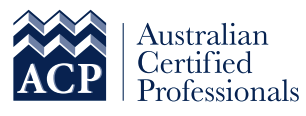Time To Lodge Fringe Benefits Tax Return
From 1 April, it's a new fringe benefits tax (FBT) year.
If you're an employer and have provided certain benefits to your staff in addition to their salary and wages, it's important to understand how FBT works and what is considered a fringe benefit.
Perks that could attract FBT include providing employees with a work car (including dual cab Utes) for private purposes, gym memberships, or tickets to an event or show. If you provided these benefits to your staff, make sure you know how to lodge and pay the FBT.
Here's 4 easy steps to help you get your FBT reporting right the first time:
- Identify the types of fringe benefits you provide
- Determine the taxable value of each fringe benefit
- Lodge an FBT return and pay by 21 May (for self-preparers). If your tax professional lodges electronically on your behalf, you have until 25 June
- Keep good records to support your calculations and FBT position
If you don't have an FBT liability for the 2023–24 FBT year and you're registered for FBT, you will need to lodge a completed FBT non-lodgment advice form.
If this is your first time lodging through a tax professional, make sure you contact them before 21 May to be added to their FBT client list. This ensures you’re eligible for the June lodgment and payment date.
Contact us today – your Sydney small business accountants, or simply call us on 02 80467621.


Want more information?

ACP Accountants

